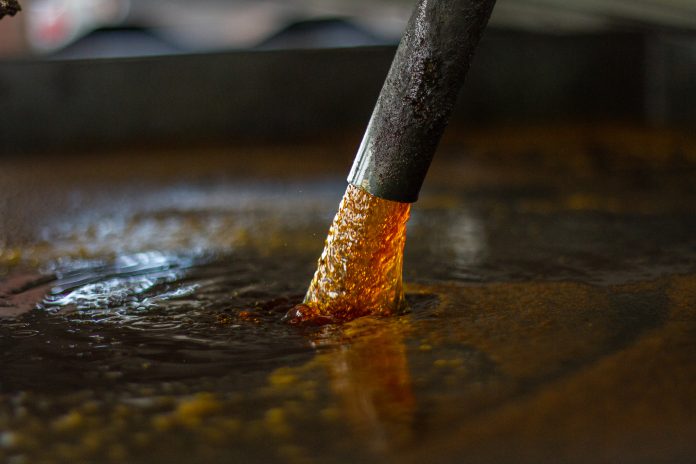The European Commission on February 11 published its proposed criteria for determining what crops caused harm, following a law passed by the European Union last year to end the use of feedstocks in biofuels that damage the environment. Its findings have been criticised by environmentalists who warn Brussels is handing out too many exceptions.
Under the new EU law, the use of more harmful biofuels will be capped at 2019 levels until 2023 and reduced to zero by 2030.
As reported by the Reuters news agency, the Commission proposal, (slated to become law after four weeks of feedback) said 45% of the extra land used for palm oil production since 2008 had previously been forested, compared with 8% for rival oil crop soybeans and 1 percent for sunflowers and rapeseed.
However, it also said producers who could show they had intensified yields may be exempt. It could then be argued that their crops cover demand for biofuel and for food and feeds, without needing expansion onto non-agricultural land, such as forests.
Bas Eickhout, a Greens EU lawmaker who has been active on the file, said the exemptions were excessive and would allow large producers to wreak destruction.
“The battle is not over… (We) still have time to close these loopholes and clamp down on destructive palm oil entering the EU,” he was quoted as saying by Reuters.
Campaign group Transport & Environment said loopholes meant that Europe could keep using the same amount of palm oil in diesel that it does today.

